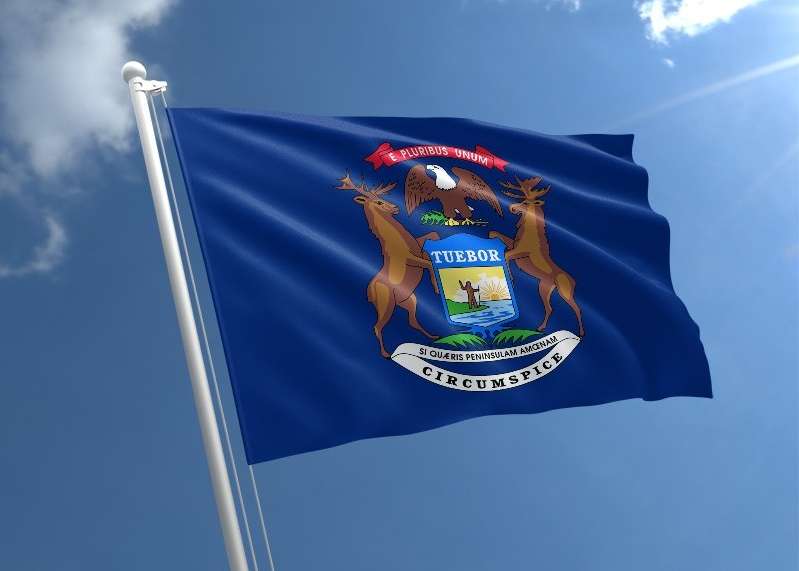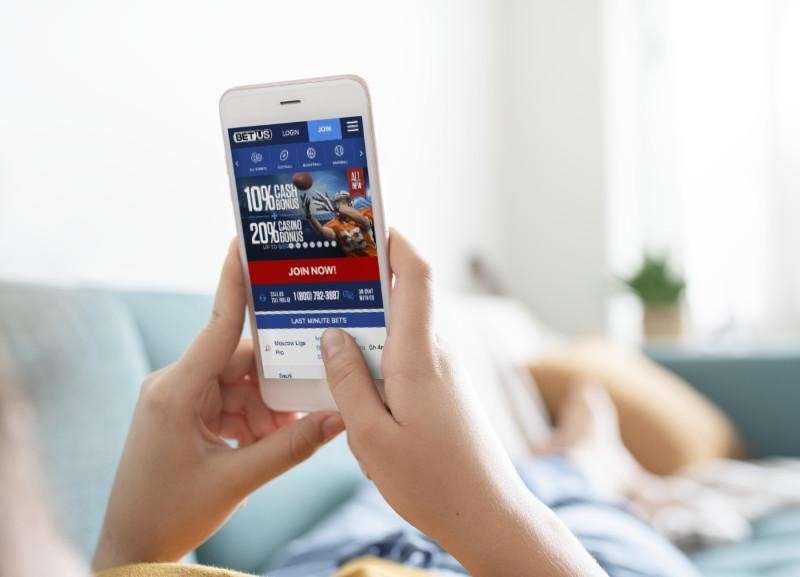After what seemed like an interminable wait, made to feel even more drawn out by the worldwide COVID-19 pandemic, Michigan online gambling finally opened for business across the Wolverine State on Jan. 22nd, 2021.
In December of 2019, Michigan Governor Gretchen Whitmer signed into law the legalization of sports betting. The passage included both retail and online sports betting, as well as online casino gambling and poker.
In March of 2020, retail sports betting locations were launched in the state’s Detroit-based casinos. Almost a year would pass until the online program was finalized and launched statewide.

The launch arrived just in time to offer wagering on the NFL Conference Championship Games and the Super Bowl, two of the most significant betting events in the United States annually.
Michigan Gambling Regulations
To be eligible to place a wager of any kind in the state of Michigan, a player must be a minimum of 21 years of age. It isn’t required that a player be a resident of Michigan to wager online at a Michigan sports betting site. That’s a bonus for people from the neighboring state of Ohio and Canadians in Ontario, two places where sports betting and all forms of online wagering remain illegal. They could make a wager through a Michigan betting site by crossing the border or the state line.
That’s because the law requires that people must be physically present within the state to place a bet – even an online wager. Geopositioning software is built into the betting sites’ apps to determine a bettor’s location when they place their wager.
Michigan was the first state to legalize online sports betting, casino betting, and poker in one fell swoop. They join New Jersey and Pennsylvania as the only states currently offering all three types of gambling in an online form.
Where To Bet In Michigan?
The three Detroit casinos launched online operations on Day 1 of its legalization. The Greektown Casino is partnered with Barstool Sports/Penn National, while the Motor City Casino is teaming up with FanDuel. Naturally, the MGM Grand Casino went with its own online brand, BetMGM.
Several of Michigan’s tribal casinos have also activated their online betting options. DraftKings is working in partnership with the Bay Mills Indian Community. The Little River Band of Ottawa Indians has partnered with BetRivers. Golden Nugget Online Gaming is working in tandem with the Keweenaw Bay Indian Community. William Hill is paired with the Grand Traverse Band of Ottawa and Chippewa Indians, while Twin Spires is the online betting option provided by the Hannahville Indian Community. WynnBET and the Sault Ste. Marie Tribe of Chippewa Indians is also a team. FOX Bet is teaming up with the Odawa Casinos in Mackinaw City and Petoskey. PointsBet is paired with the Northern Waters Casino.

Other sites are still waiting to launch their online betting products across the state. Parx is paired with the Gun Lake Casino, while some of Michigan’s Tribal casinos opt to go their own to operate their own online bettings sites, deciding to team up with a software partner. Scientific Games will power the FireKeepers Casino, while the three Four Winds Casinos in Dowagiac, Hartford, and New Buffalo opted for Kambi. GAN will deliver the technology to each of the five Odawa Casinos in Sault Ste. Marie, Ste. Ignace, Manistique, Hessel, and Christmas.
How Much Could Online Gambling Earn Michigan?
During December 2020, retail sports betting in Michigan accounted for a handle of $9.7 million. Since launching last March, the total handle wagered on legalized sports betting is $130.8 million.
Those totals figure to be minuscule compared to what Michiganders are expected to create via online wagering.
Michigan is the 10th-largest state in the USA in terms of population, with just under 10 million residents. Industry analysts believe that sports-mad Michiganders could give New Jersey a run for its money as the top betting state. New Jersey wagered $1 billion in 2020.
Anticipation is that the online wagering handle for 2021 in Michigan should generate numbers in the $400-$650 million range.
That would provide in the range of $100 million in tax revenue for the state government.
